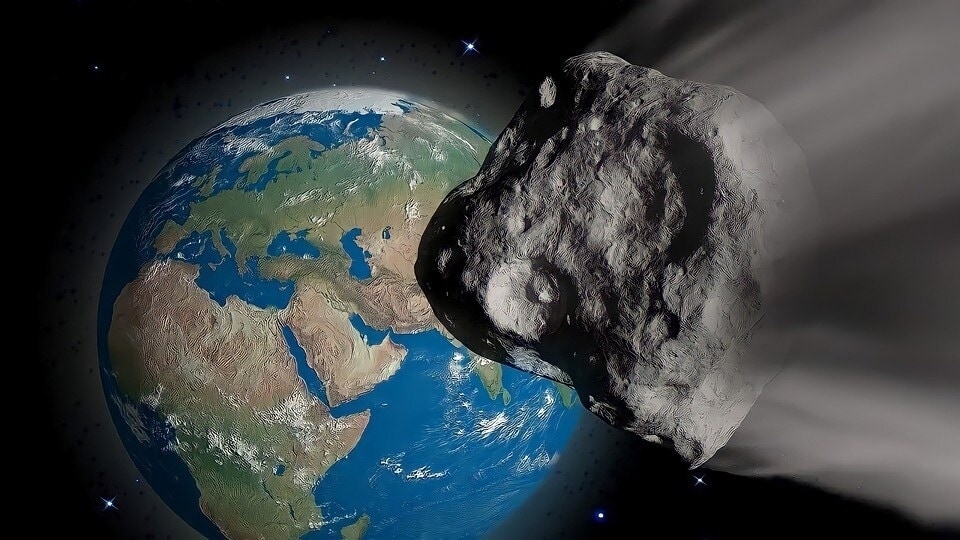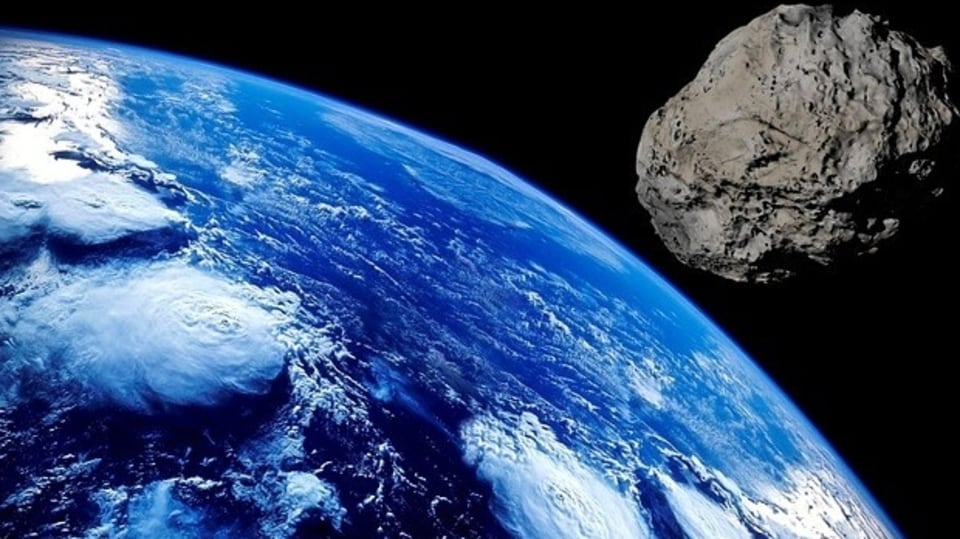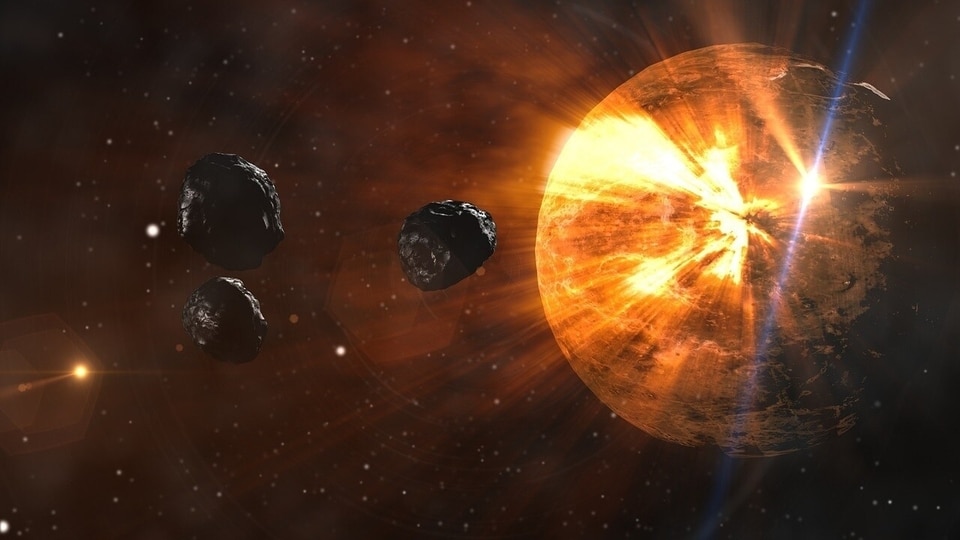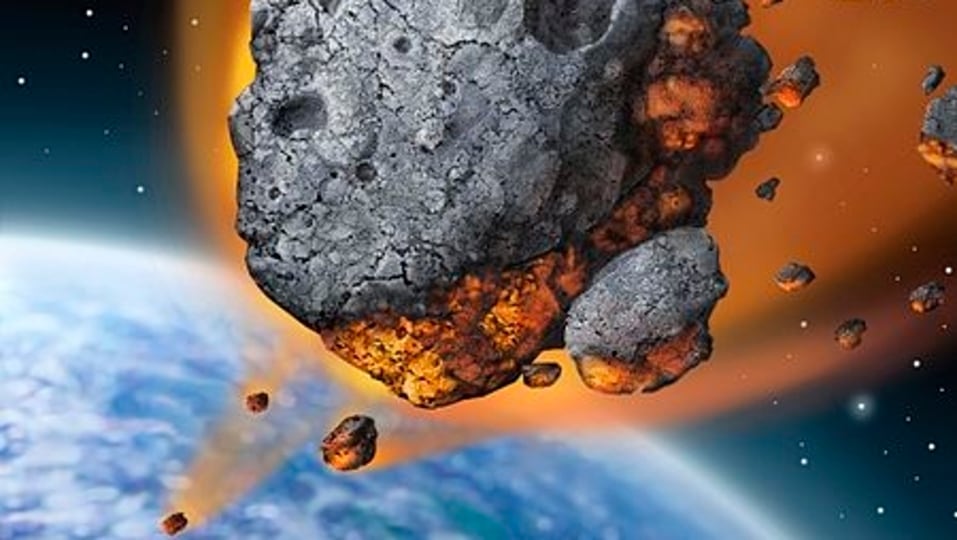Worried About Asteroids, Volcanoes? Where’s the Best Place to Ride Out the Next Cataclysm?
The wisest plan for any American worried about asteroids, volcanoes or nuclear war: Just stay put.







 View all Images
View all ImagesThe apocalypse is not nigh, as I have long maintained, but what about a cataclysm? I am talking about a sudden and extreme violent event: Just last month, an asteroid big enough to destroy a city passed between the Earth and the moon. The possibility of a nuclear exchange is greater than it has been in decades. Scientists are still studying the global impact of last year's eruption of a super-volcano in the South Pacific.
If you fear that America is going to face a cataclysm of some sort soon, you may ask yourself where you should you ride it out. I have a counterintuitive answer: If you live in a dense urban area, stay put — especially if, like me, you live in the suburbs of Washington, D.C.
The biggest advantage of the Washington region is that, in the case of a real catastrophe, it would receive a lot of direct aid. It's not just that Congress and the White House are nearby — so are the Pentagon, the FBI, the CIA and hundreds if not thousands of government agencies. Insofar as there might be an emergency response to a cataclysmic event, the Washington area will be prioritized.
The region also has plenty of hospitals and doctors, and a wide variety of law-enforcement units — including the various federal agencies as well as police from Maryland, Virginia and D.C. If you care about order being restored, Washington will be better than most places.
Of course, a counterargument is that Washington is more likely than most places to be hit by a cataclysmic event, especially if it involves a nuclear exchange or some other weapon of mass destruction. But there's “good news,” scare-quotes intended: If a foreign enemy is truly intent on targeting America's capital, the conflict may be so extreme that it won't matter where you go. (If I were a foreign power attacking the US, Washington would not be my first choice as a target, as it would virtually guarantee the complete destruction of my own country.)
I realize that my advice runs counter to the usual recommendation of getting a cabin in some remote area of the American West. And it's true that you could go there with a shotgun and be safe from looters and the risk of civil unrest. Still, when it comes to getting food or medical care, not to mention internet service, I would rather be in a densely populated area. People usually pull together in times of extreme need, so I would want to be near more people, not fewer people.
Another common answer to the where-should-I-go question is to leave the US entirely and buy a second home or a bunker in New Zealand. New Zealand has some great advantages: It's relatively safe, has a lot of water, and could be self-sufficient in agriculture and food. Its relative isolation could be a real benefit if there were a nuclear exchange.
Nonetheless, I consider the New Zealand option to be overrated. Remember, the country closed itself to foreigners during the Covid pandemic — might it do the same in response to a sudden cataclysmic event? And even if it were open to foreigners, getting there could be difficult.
But the problem is not merely logistical. If there is a collapse of some degree of civil and economic order, then informal social networks will become even more crucial — not just for companionship but possibly for survival. New Zealanders are generous — I used to live there myself — but the notion that they would welcome some rich American stepping off his private jet … let's just say that might not go so well.
The history of humankind features plenty of catastrophic events. Maybe they were not as objectively bad as what I am postulating, but they were extreme misfortunes nonetheless. And one way people dealt with these events was to move to cities and centers of population density. Except during pandemics, economies of scale and scope have typically proved to be protective of human beings.
So for the four out of five Americans who live in the cities or suburbs, there is some qualified good news: If you're worried about a cataclysm, the best thing to do may be simply to stay put.
Catch all the Latest Tech News, Mobile News, Laptop News, Gaming news, Wearables News , How To News, also keep up with us on Whatsapp channel,Twitter, Facebook, Google News, and Instagram. For our latest videos, subscribe to our YouTube channel.































